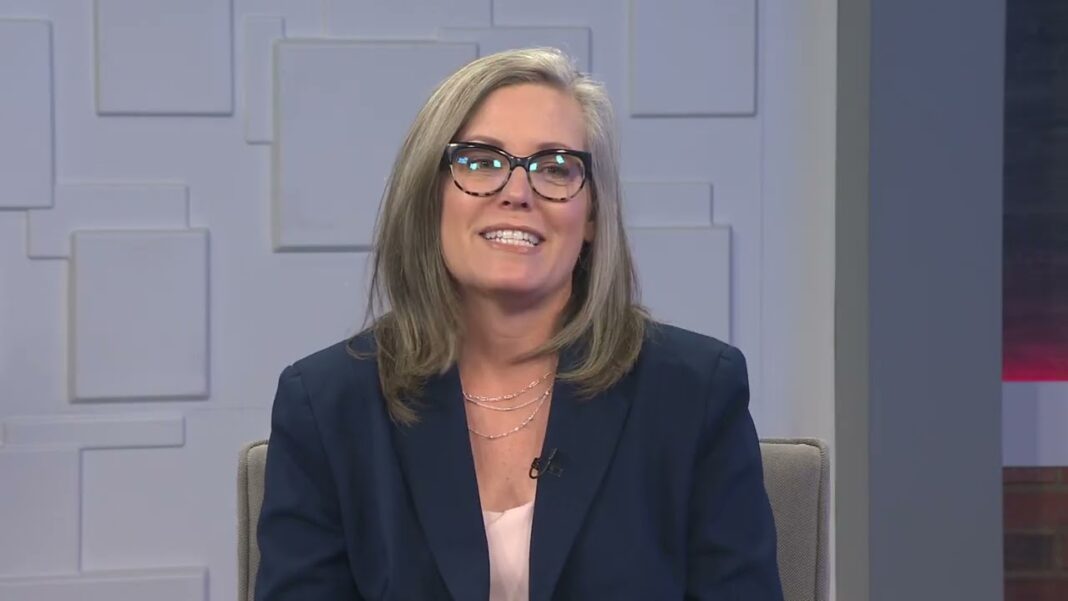
A number of federal government agencies said on April 25 that they have the power to prevent unlawful “bias in algorithms and technologies” marketed as artificial intelligence (AI).
In a joint statement, four federal agencies—The Civil Rights Division of the United States Department of Justice, the Consumer Financial Protection Bureau (CFPB), the Federal Trade Commission (FTC), and the U.S. Equal Employment Opportunity Commission (EEOC)—noted that artificial intelligence is fast becoming mainstream in society.
The agencies pointed to AI use by both private and public entities to make “critical decisions that impact individuals’ rights and opportunities, including fair and equal access to a job, housing, credit opportunities, and other goods and services.”
However, they stressed that while such tools provide technological advancement, “their use also has the potential to perpetuate unlawful bias, automate unlawful discrimination, and produce other harmful outcomes.”
The four agencies then pointed to a number of steps they have already taken to protect American consumers from some of the negative aspects of increasingly more advanced AI, such as abusive use of the technology, repeat offenders’ use of AI technology, the utilization of algorithmic marketing and advertising and “Black box” algorithms, in which the internal workings are not clear to most people, including, in some cases, the developers themselves.
They went on to warn that companies that are already utilizing AI technology must do so in compliance with laws and regulations currently in place.
AI Tools Can ‘Turbocharge’ Fraud, Discrimination
“We already see how AI tools can turbocharge fraud and automate discrimination, and we won’t hesitate to use the full scope of our legal authorities to protect Americans from these threats,” said FTC Chair Lina M. Khan. “Technological advances can deliver critical innovation—but claims of innovation must not be cover for lawbreaking. There is no AI exemption to the laws on the books, and the FTC will vigorously enforce the law to combat unfair or deceptive practices or unfair methods of competition.”








